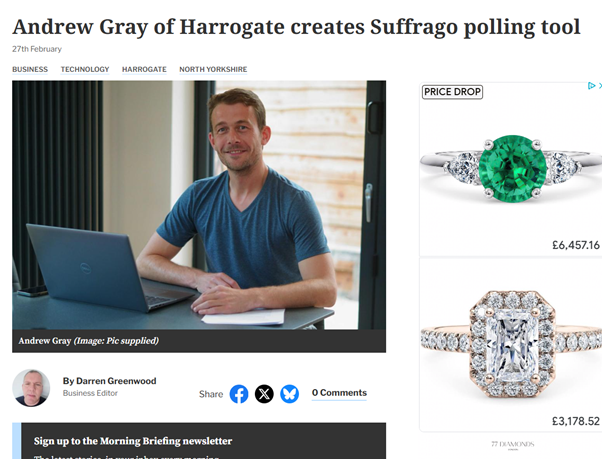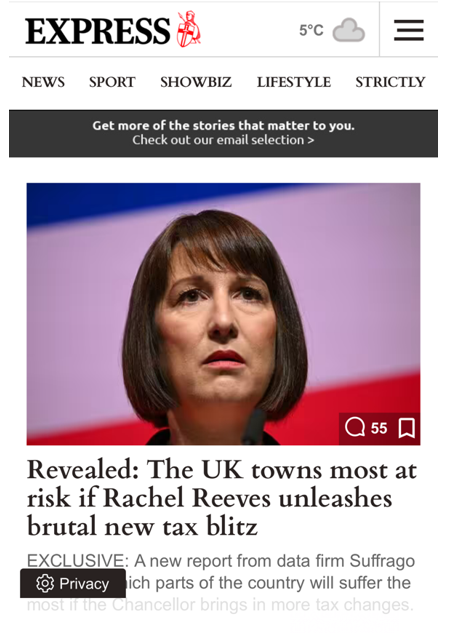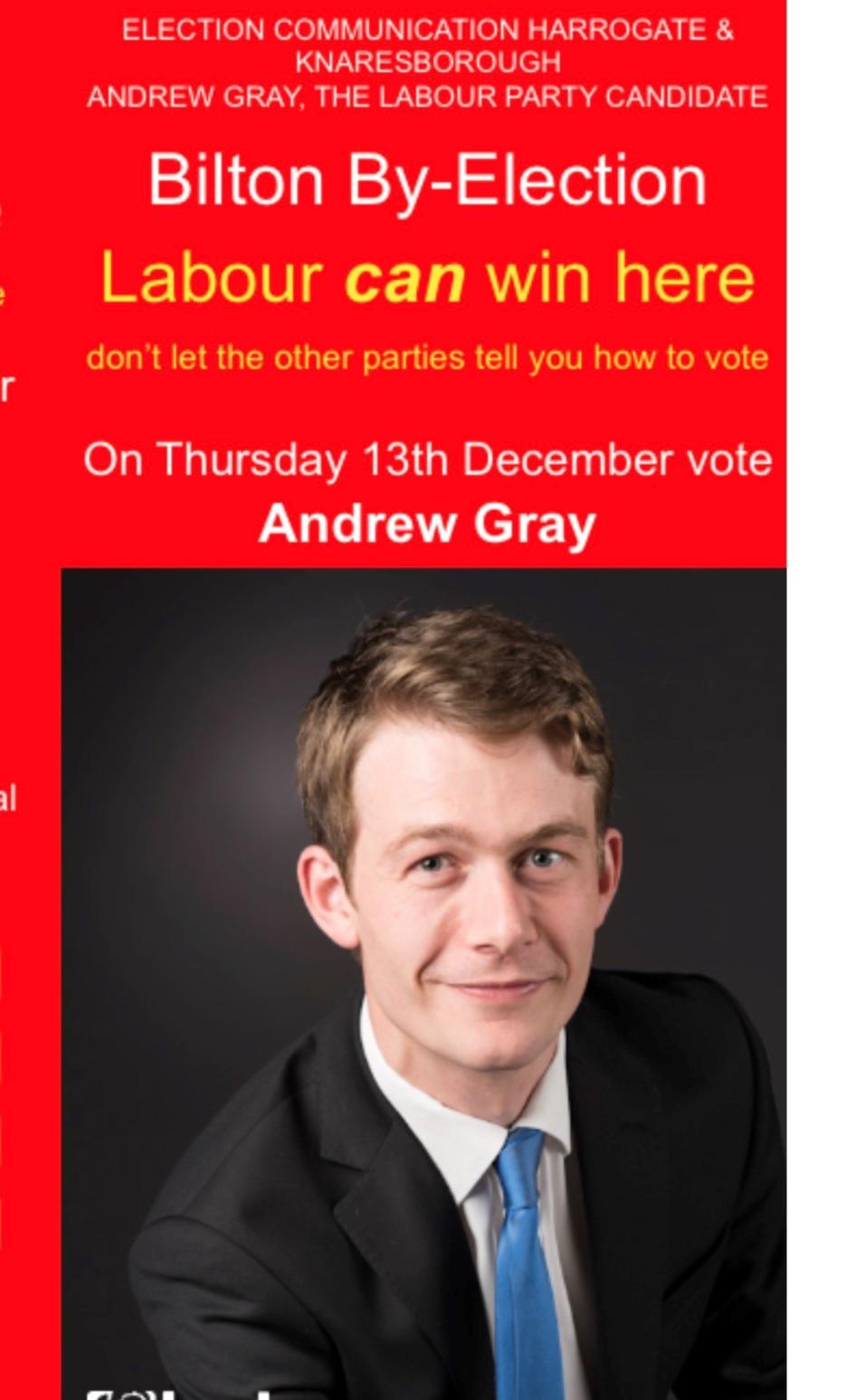Fasten your seatbelts. Our cryogenically-frozen economy, though in tatters, will recover at a never before seen pace. As an SME-owner here in Yorkshire, let me explain.
Last week brought confirmation – as if it was needed – that the economy took a 20% fall in April. The only surprise was that it was only 20%. Of course, some businesses are booming, but the majority have been hit, just as my law firm has suffered. Large swathes of businesses are in stasis, never to be seen again, when (word of the year) furlough is ushered out.
With our economy heavily dependent on the pursuit of pleasure, our economy ought to be permanently poleaxed. A 1930s-style depression – not just a recession – ought to be a sure thing, right?
The Bank of England defines a recession as 6 months – i.e. two quarters – of concurrent negative economic growth. Q1 – January to March – saw a small Covid-caused contraction, which won’t be a patch on what awaits us in Q2, taking us to the end of June. But will the recession be a continuous feature as many argue?
Brexiteers should be quick to recall “Project Fear’s” warnings, some say led by Bank of England economists, that a guaranteed Brexit-induced recession would commence at 10pm on 23 June 2016 if the people dared to vote against “The Experts”.
Like many Remainer Economics grads, I was convinced that a recession was here to stay. As the economy tanked, “We told you so,” was going to be the refrain to every Brexiteer. Although post-Referendum the Pound took a pummelling, there was no recession.
Which leads me to the failure of economists. On the left, there are Marxist economists, and on the right, we have Thatcher’s and Reagan’s go-to economists at the Chicago School, with every shade in between. Science, medicine and law do not suffer such polars. Economists agree on little. Despite our fetishisation for the opinion of demi-god economists, we must remember that economics simply isn’t a science. And we now know that scientists aren’t always right!
In forecasting what economic fortune awaits, economists frequently miscalculate likely consumer behaviour. People rarely act as anticipated and our economy is powered by this unpredictable force. Economically, Brexit was like the Millennium Bug: we survived it and thrived. Post-Referendum, confidence – the currency of capitalism – was not dented. As the queues I saw outside Sports Direct in Harrogate attest, the confidence gained from the opening of shops will power us out of the carnage.
Whilst my colleagues trickle back to (socially distance) join me at work, Yorkshire’s economy awakens. Listening to my SME clients and witnessing all around my town, I can feel the most powerful economic positive multiplier spinning into action. As a result, Quarter 3 must be better than Quarter 2. If so, recession over, second wave or not.
Though for millions the economic misery will be devastating, unlike when a typical recession hits, such devastation will play out in a rising economy. Capitalism which got us into this mess, through its intrinsic creative and dynamic juices, will get us out of it. The AC – After Corona – economy won’t resemble the BC – Before Corona.
Like pulling back a giant elastic band for three months, either the band will snap, or fly. Fly it should. April’s collapse in GDP wasn’t caused by the economic cycle, which Gordon Brown told us he would conquer, rather it was a choice we had to make. Consumers will ignore the war-era debt mountain and the inevitable tax hikes, and buy that coffee.
Shortly unimpeded by EU State Aid rules, given the need to shorten supply chains, manufacturing will return. With our lower cost base, Northern areas should benefit most. And assuming the Prime Minister survives, we will have a leader oven-ready for the good times. Like him or not, he will be better at getting the country going than in mastering Covid minutiae. My only hope is that in recovery austerity is confined to the ash-heap of history.
From Boris to Karl Marx, accurately bogeyman Marx, in a little-read passage, explained how crime had economic utility, arguing that crime caused better locks, and locksmiths, police, lawyers, judges, law books and law tutors etc. Already, Covid has been the midwife to numerous businesses. More will follow. Excitingly, some of the largest companies were founded in recessions.
In closing, in the US Fed Reserve Chairman Alan Greenspan used to study male underpant sales. Why? The theory was that men – and their partners on their behalf – would only buy new underpants when they were feeling confident about the economy – i.e. the ultimate discretionary spend. I don’t know about you, but I’m off to M&S.









